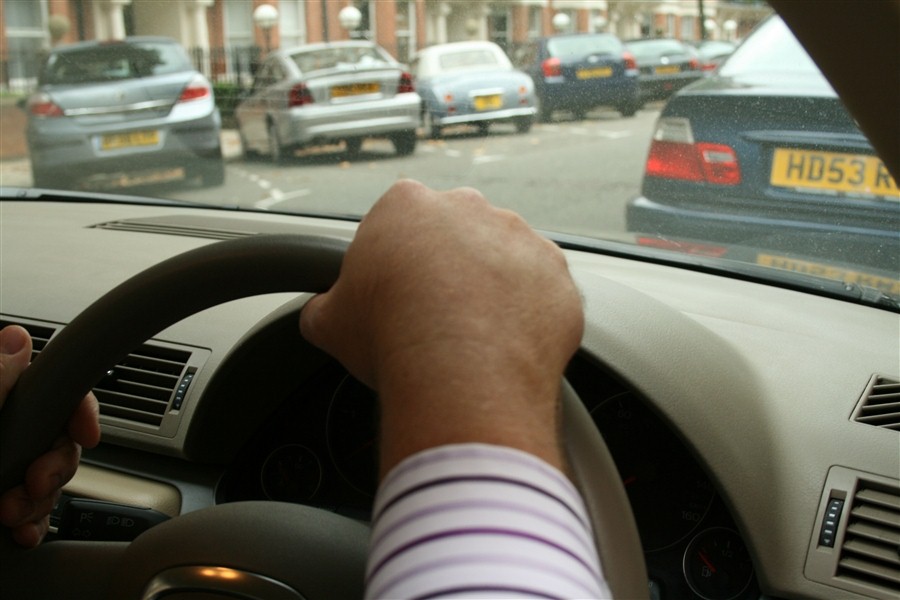A road safety charity wants motorists to stop using their mobile phones completely while driving.
Road safety charity Brake has launched a campaign to promote the dangers of using mobile phones while driving.
The charity are urging drivers to turn their phone off or put it in the boot while they drive, and are appealing to everyone to refuse to speak on the phone to someone as they’re driving.
According to Brake, over half a million UK drivers (575,000) have points on their licence for using a mobile phone while driving, or being distracted in some other way. Moreover, over three-fifths (62 per cent) of children say that they’ve been driven by someone who used their phone while driving, and nearly four-fifths (79 per cent) have noticed other drivers using their phones near their school or home.
Julie Townsend, deputy chief executive of Brake, said that while advances in technology were enormously beneficial, the downside is that they can pose “dangerous temptations to drivers to divert their concentration away from the critical task at hand, often putting our most vulnerable road users in danger“.
It is thought that one in five car crashes are caused, at least in part, by driver distraction. When drivers are trying to multi-task whilst driving, they are two to three more times likely to crash – and this figure rises when the action is more complex, such as answering a call or writing a text message.
In fact, using a mobile phone whilst driving can impair your concentration more than alcohol. Driver reaction times – even whilst using a hands-free kit – are up to 30 per cent slower than reaction times with the current UK legal limit of alcohol in your blood. This figure rises to 50 per cent slower in comparison to reaction times when sober.
Brake is eager to point out that it is not just technology that can impair your concentration while st driving; anything that takes your mind off the road is potentially fatal, such as eating, drinking or any heightened emotions that you’re battling with as you drive, such as anger or stress.
Chief constable for National Policing Lead for Roads Policing Suzette Davenport warned: “While a phone call may be important for a few minutes, killing or seriously injuring someone has life changing consequences.”
Posted by Emma Grange
